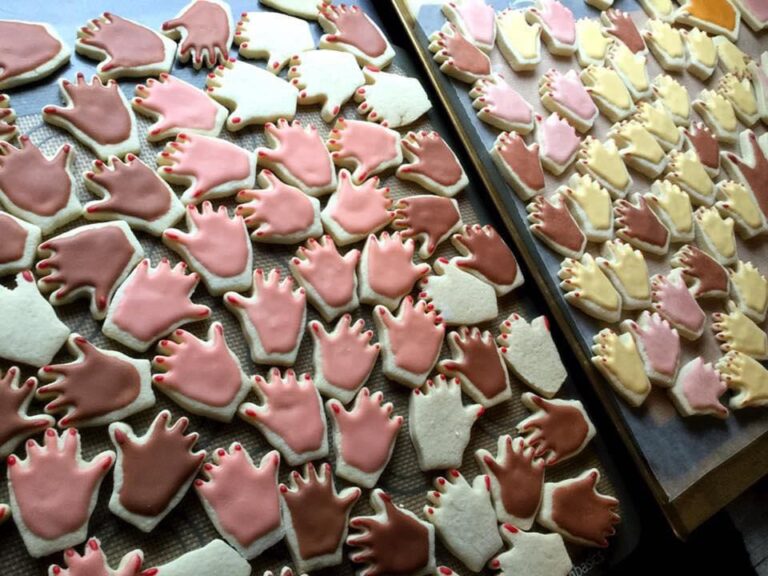Asao Inoue’s metaphor “cooking in someone else’s kitchen” provides a conceptual framework describing how white educators may navigate teaching topics outside of the subject positions they occupy. I apply an intentionally literal interpretation of Inoue’s metaphor, to position food culture as an important component of social justice pedagogy.
As post-secondary institutions prioritize diversity, equity, and inclusion initiatives, antiracist pedagogies have become a source of uneasiness for many white educators. Often, these educators may give excuses stemming from embodied positionality and fear of saying something wrong, which may become reasons to avoid difficult classroom conversations. As a result, universities lose opportunities to educate students about race-related issues, along with the potential for increased civic engagement. This paper addresses white teachers’ apprehension surrounding antiracist pedagogy and presents a food-themed writing course focused on how food has been weaponized historically, contributing to racial, class, and gender injustice—and how similar systems of oppression are still in effect currently. The course centers food as a commonplace to explore race, racism, and cultural difference—while helping teachers gain confidence in joining antiracist efforts.
Articles by E. Vivian Leigh
E. Vivian Leigh is an Assistant Professor of Professional Communication at Clarkson University. She holds a PhD in English Rhetoric and Composition from Ohio University. Leigh's research interests explore social justice initiatives through intersectional approaches to feminist studies, while forging connections between bodily rhetorics, food studies, antiracist activism, and communication pedagogies. Her published essays and forthcoming book delve into representations of women, while her forthcoming articles explore the importance of anti-racist pedagogy.
